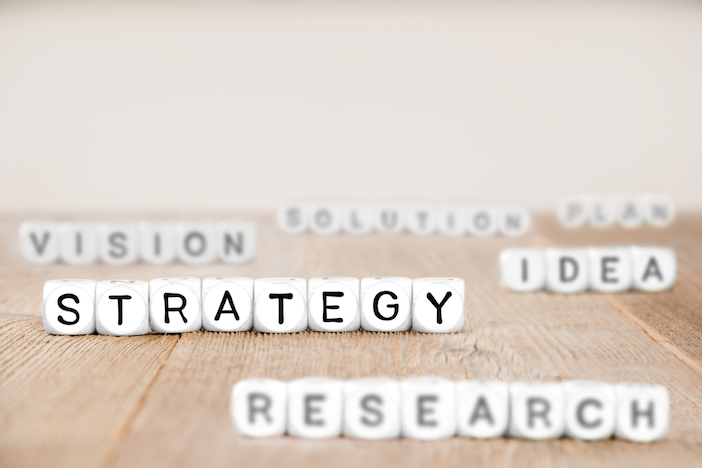Public and private investments towards social initiatives continue to grow, yet community factors of health, such as obesity, drug addiction, poverty, and hunger remain flat or continue to rise. To reverse this trend, the social sector needs to understand what they may be doing to stymie the outcomes they are trying to achieve. For example, the focus of our research questions and common measures used in the social sector may actually be making things worse. Let me explain.
Neuroscientists, organizational psychologists, and metaphysicians all agree that what we focus on grows. They might explain it differently, but study after study highlights that the act of setting goals, setting intentions, and committing to a course of action increases one’s chance of achieving their goals versus those who do not set goals or intentions.
Our brains are responsible for this phenomenon. Each second our brains take in 400 billion bits of information. To allow an individual to be aware of the world around them, a person is only utilizing about 2,000 bits of this information. Goals and intentions tell our brain which of that 400 billion bits of information is important for us to focus our attention. We then use these smaller numbers of bits to make decisions. In other words, we are looking for the bits of information that are related to our goals, then we pay attention to the relevant information and act in ways that will bring us closer to what we are focusing on.
The problem is that the brain is neutral. It doesn’t know the difference between “good” and “bad”. Therefore, if our focus is on negative factors and situations, research has shown that this leads to more negative outcomes. On the reverse, when we focus on positive factors and situations we get more positive outcomes.
In the social sector, communities and researchers have invested a lot of resources studying why someone is experiencing negative situations such as obesity, poverty, and addiction. The intention behind these efforts is to understand the root causes so we can develop social services programs aimed to prevent or stop the root causes.
The unintentional consequence of this practice is that we are spending a lot of collective mental energy and effort on negative outcomes, the things we want to avoid. Through our act of study, our brains are paying attention to information related to these negative outcomes. When we use this information to formulate conclusions and then action items, we may unintentionally be doing things that lead us to the same or even more negative outcomes.
The Solution
The solution is simple and will likely lead to radical, positive improvements.
- Change the focus of the study. The first change is to be intentional about our goals and objectives for your research and needs assessment studies. Instead of studying the causes of poverty and what keeps people in poverty, it is better to study the factors and situations that help people rise out of poverty. What are the factors and situations that help lead individuals to success despite experiencing the same circumstances and characteristics of those who remain in poverty? The shift is subtle, but it will alert our brains to focus on positive information and therefore take action on things that will lead to a desirable outcome, rising out of poverty instead of remaining in it.
- Reframe outcome measures. Another simple approach that can have significant impact is to ensure that your outcomes are stated in a positive direction. Instead of setting an outcome to avoid a negative result such as poverty, high-school dropout, and obesity rates, reword outcomes towards the desired positive outcomes such as increases in self-sustainability, graduation rates, and maintaining a healthy weight. Making this adjustment will alter the information your brain filters and focuses on. This is the information needed to bring you closer to your desired positive outcomes.
If you are still a skeptic, that is okay. To be honest, I still wonder “why” and “how” this is possible. What I do know with certainty is your clients are looking to you and your services to make them better. Reframing your measures and research focus to the positive costs little money and has limited risk, so it’s worth the experiment. Maybe it’s not more money or resources needed to deliver real change, but a simple change in what is measured. Maybe the secret to real social change isn’t as big of a secret as we originally thought.
Want some help conducting solution-focused research or setting up your ideal success measures? Measurement Resources is here to help! We offer customized workshops and consulting services designed to align your mission, leadership, culture, measures and performance. We also have another blog post related to this topic.
Contact us today for your FREE 20-minute strategy session to learn more!





